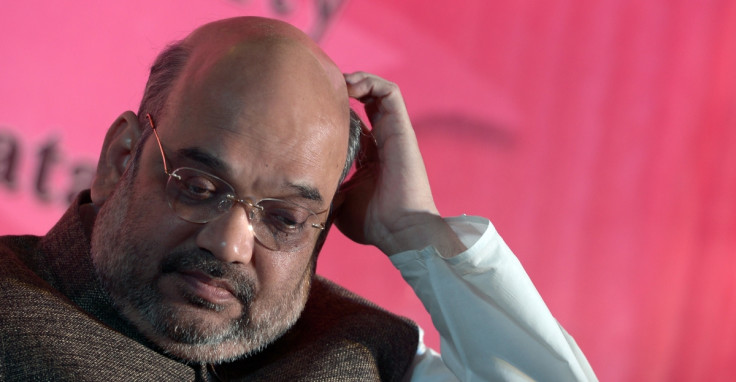Indian government hits out at US Commission after accusations of religious intolerance

The Indian government has strongly reacted to a US government body that claimed religious tolerance in India had declined in 2015. The US Commission on International Religious Freedom (USCIRF) has noted that the religious freedoms of minorities were being violated by Hindu nationalists groups, and went on to say that the groups are supported by Prime Minister Narendra Modi's Bharatiya Janata Party (BJP).
Prominent BJP politician Amit Shah has been mentioned in the report for supporting anti-conversion laws that allegedly harass India's Christians, while lawmakers Yogi Adityanath and Sakshi Maharaj also feature in the research for fueling anti-Muslim sentiments. The Indian government has hit back at the report and dismissedconcerns raised in it.
According to national broadcaster NDTV, the country's Foreign Ministry said: "The US Commission on International Religious Freedom once again fails to show proper understanding of India, its constitution and its society. India is a vibrant pluralistic society founded on strong democratic principles."
USCIRF have said they will continue to monitor the situation closely over the next year to determine whether India should be recommended to the US State Department for designation as a "country of particular concern". USCIRF was the group behind the US government's decision to revoke Prime Minister Modi's tourist visa in 2005 in relation to his role in the 2002 Gujarat riots, a state which saw him as Chief Minister at the time.
The Foreign Ministry's statement on 3 May noted: "The Indian Constitution guarantees fundamental rights to all its citizens, including the right to freedom of religion. The Government does not see the locus standi of a foreign entity like USCIRF to pronounce on the state of Indian citizens' constitutionally protected rights."
The Indian government and USCIRF came head-to-head in March when USCIRF was denied a visa for their planned trip to the country. The delegation was due to visit the country to asses conditions of religious freedom under the Modi government and, following the visa rejection, issued a strong statement against the government.
Robert P George, chairman of USCIRF, said at the time: "We are deeply disappointed by the Indian government's denial, in effect, of these visas. As a pluralistic, non-sectarian and democratic state, and a close partner of the United States, India should have the confidence to allow our visit."
© Copyright IBTimes 2025. All rights reserved.






















